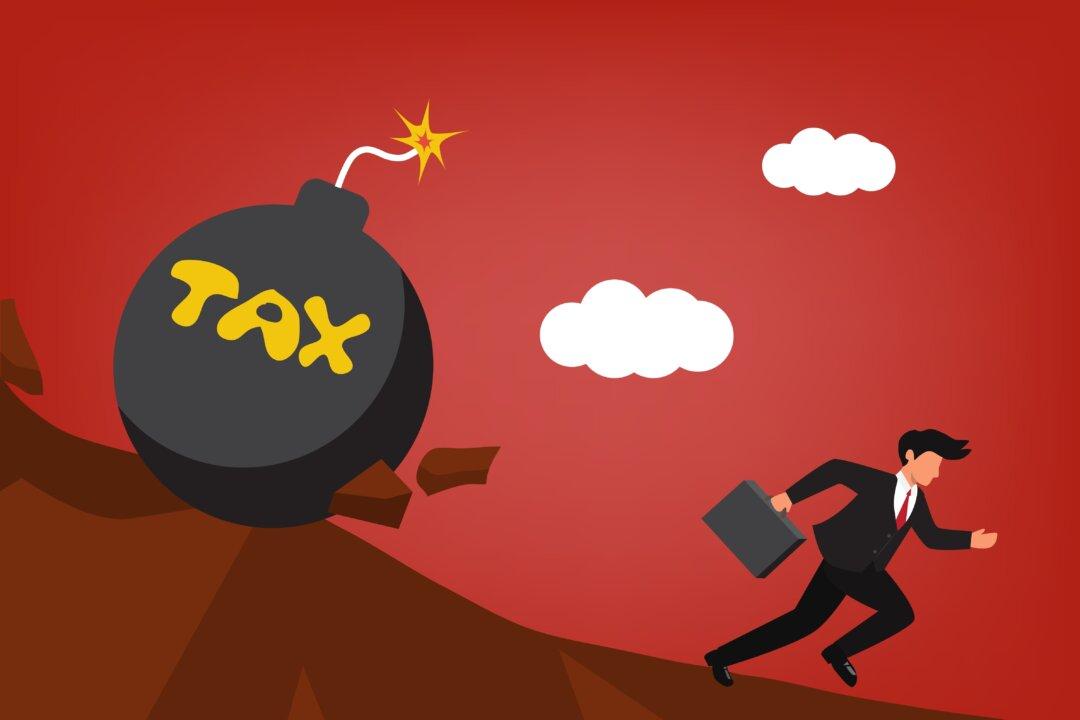The type of retirement fund you have can seriously affect the amount of money your beneficiaries will receive. With certain types, they could lose a lot of money to taxes because of laws about 401(k)s and other plans. Some simple changes to the type of your retirement account can enable your heirs to avoid a tax bomb and receive much more money.
401(k): Traditional vs. Roth
Even though many people have their retirement funds invested in a standard 401(k), it is not the best tool available. Switching to a Roth 401(k)—or adding it to your retirement plan—means that you pay the tax on your contributions instead of your beneficiaries. It may mean making smaller contributions, but it will avoid giving your heirs a tax bomb—and getting far less money.Paying taxes upfront—or at least some of them, if you split accounts—gives more tax-free money to your beneficiaries. As your income grows, taxes will take a larger chunk out of your paycheck. The goal is to pay less in taxes when you are earning less, instead of waiting until you are in a higher tax bracket later in life.






